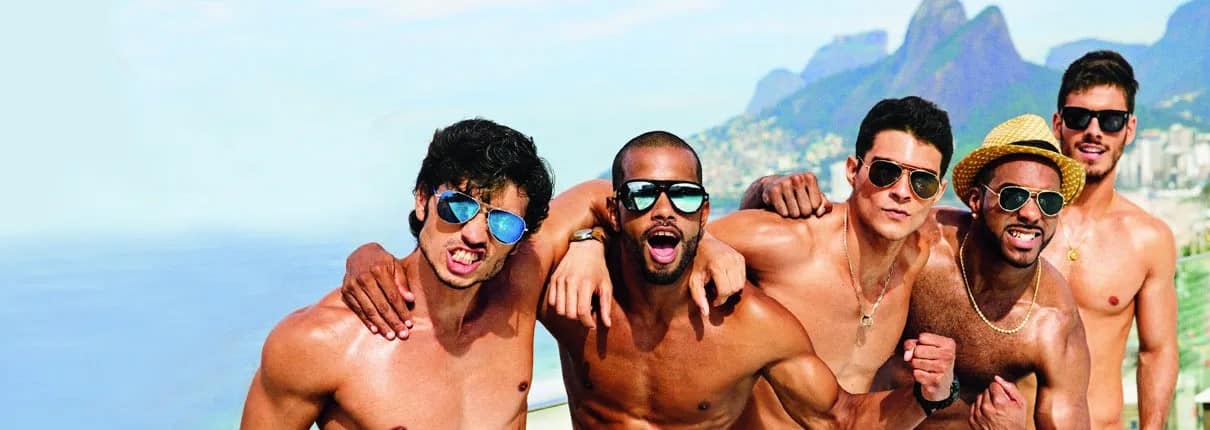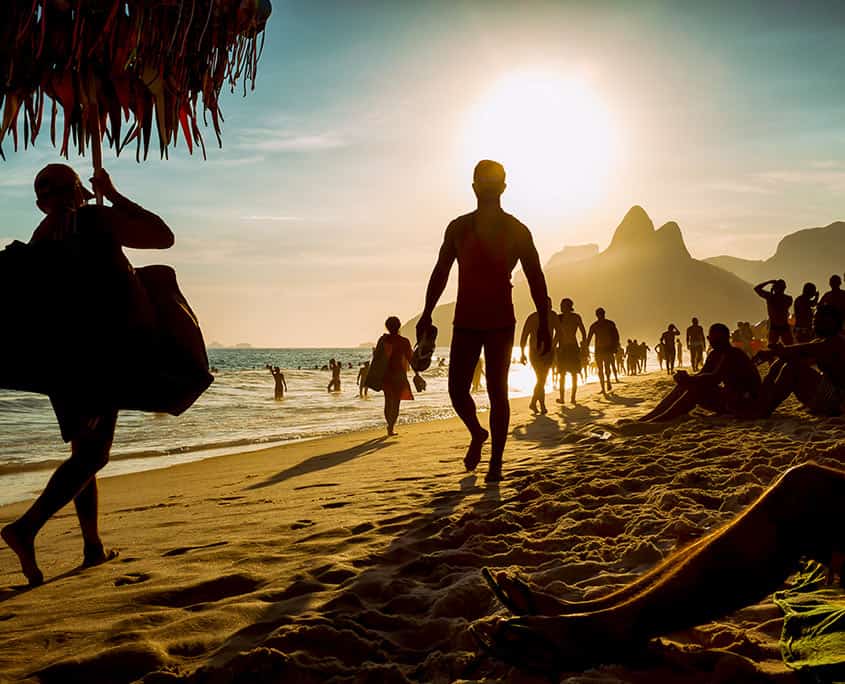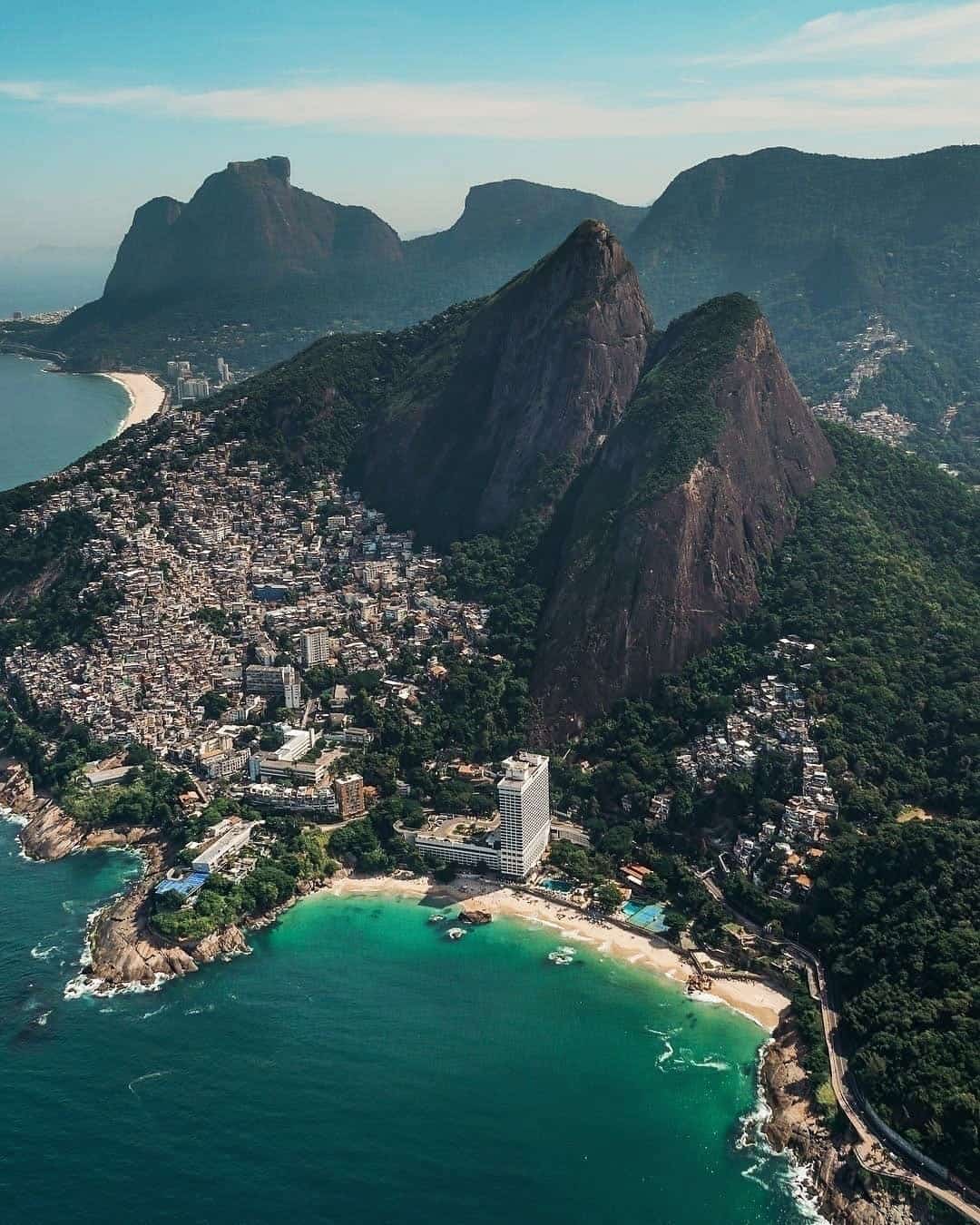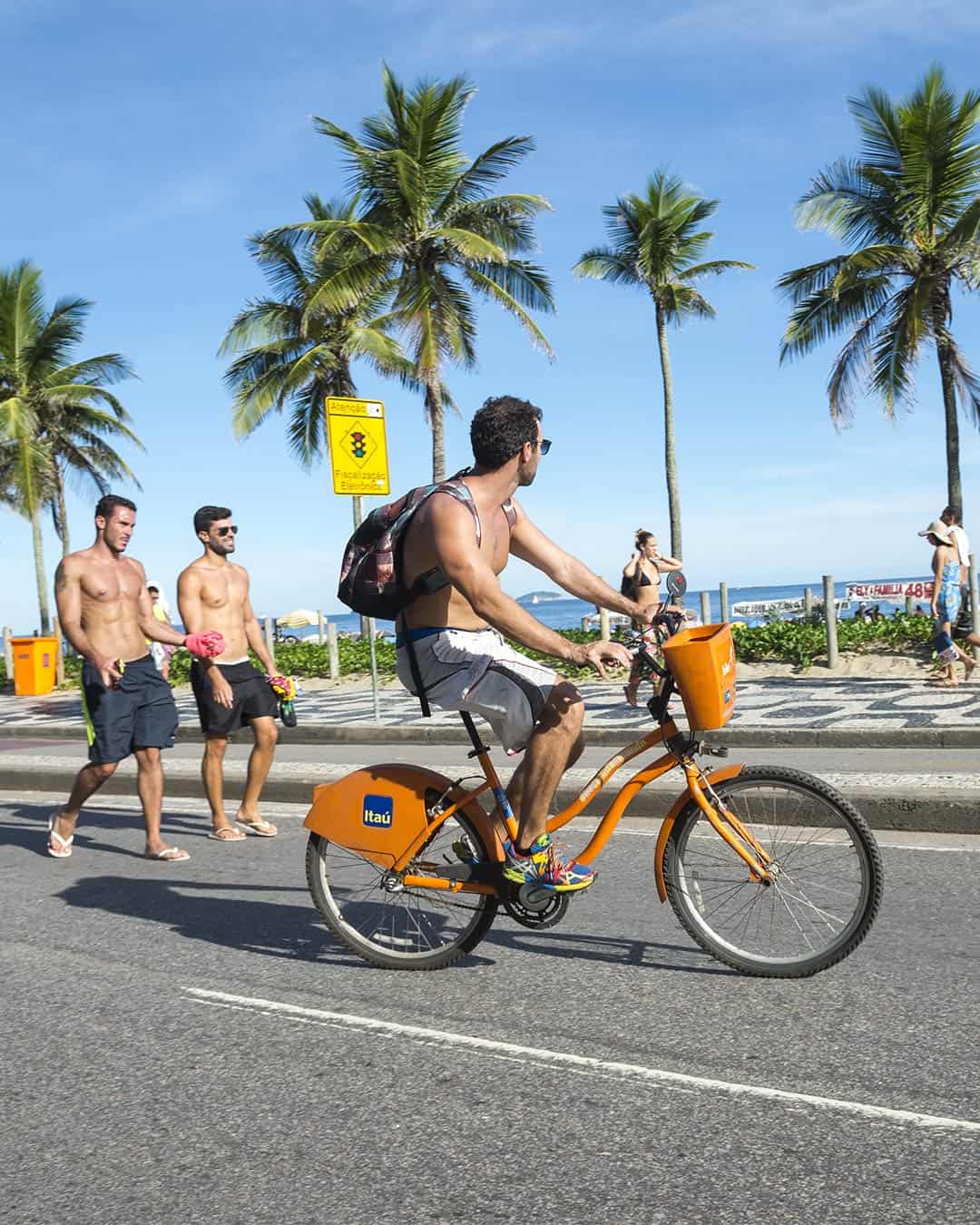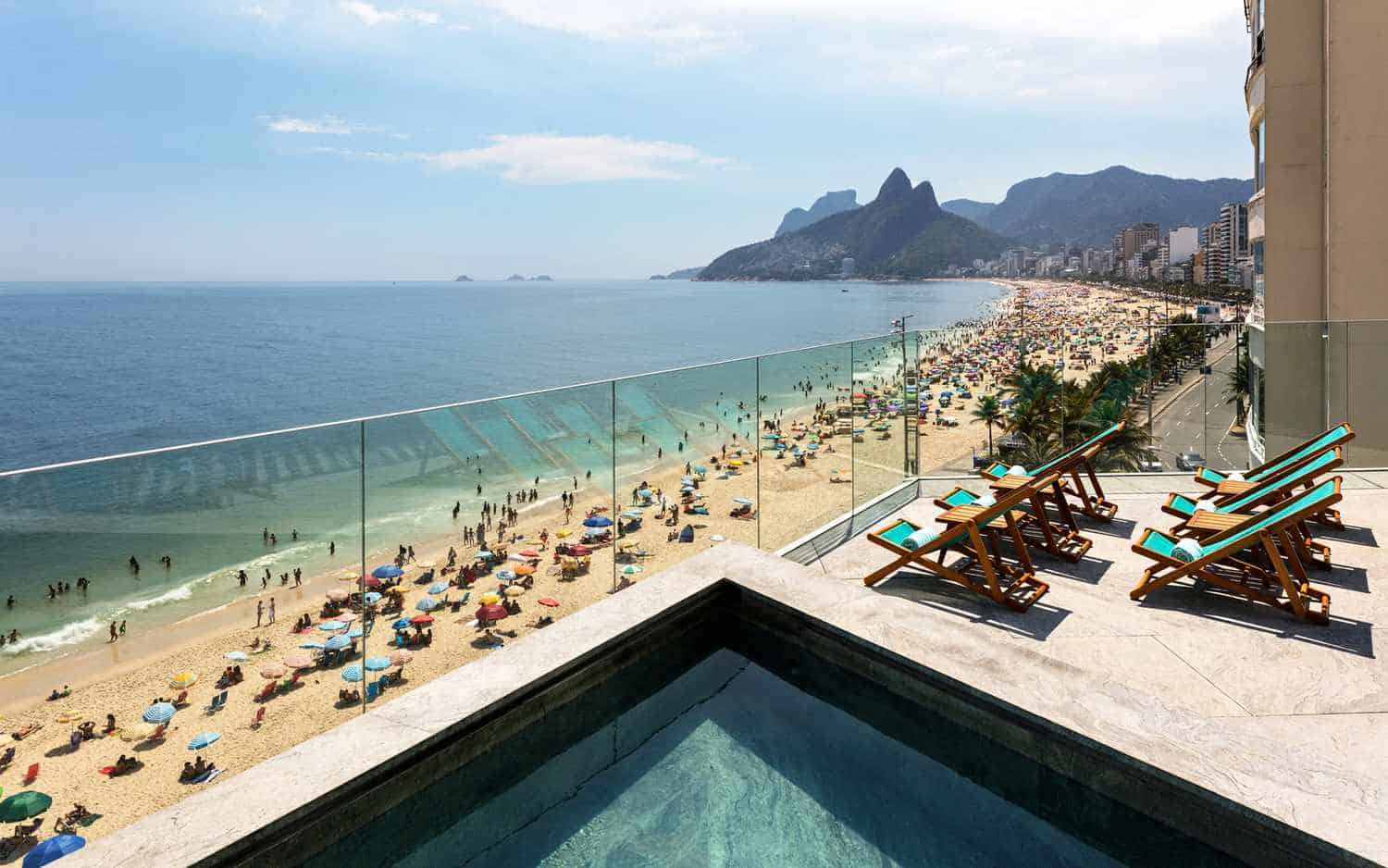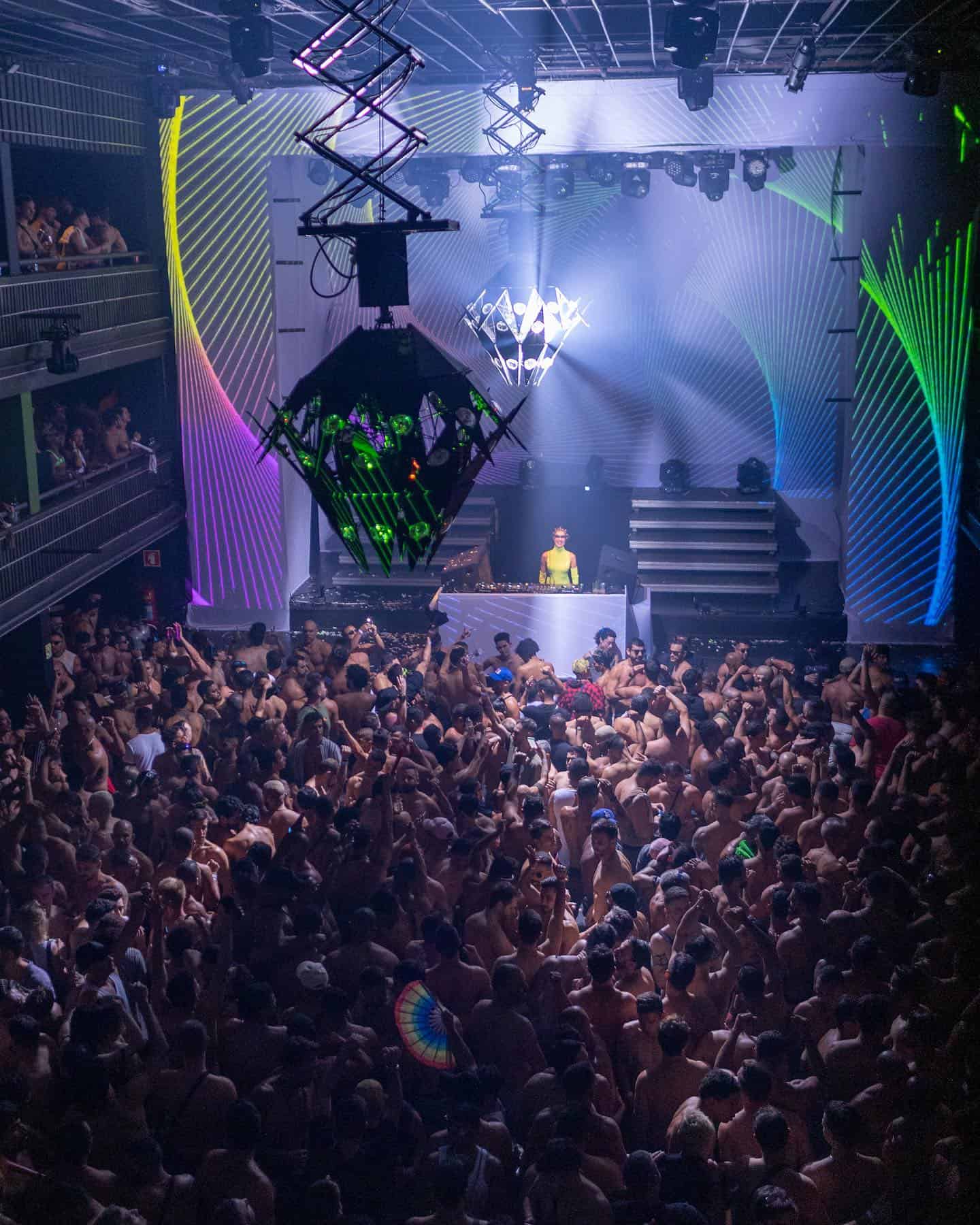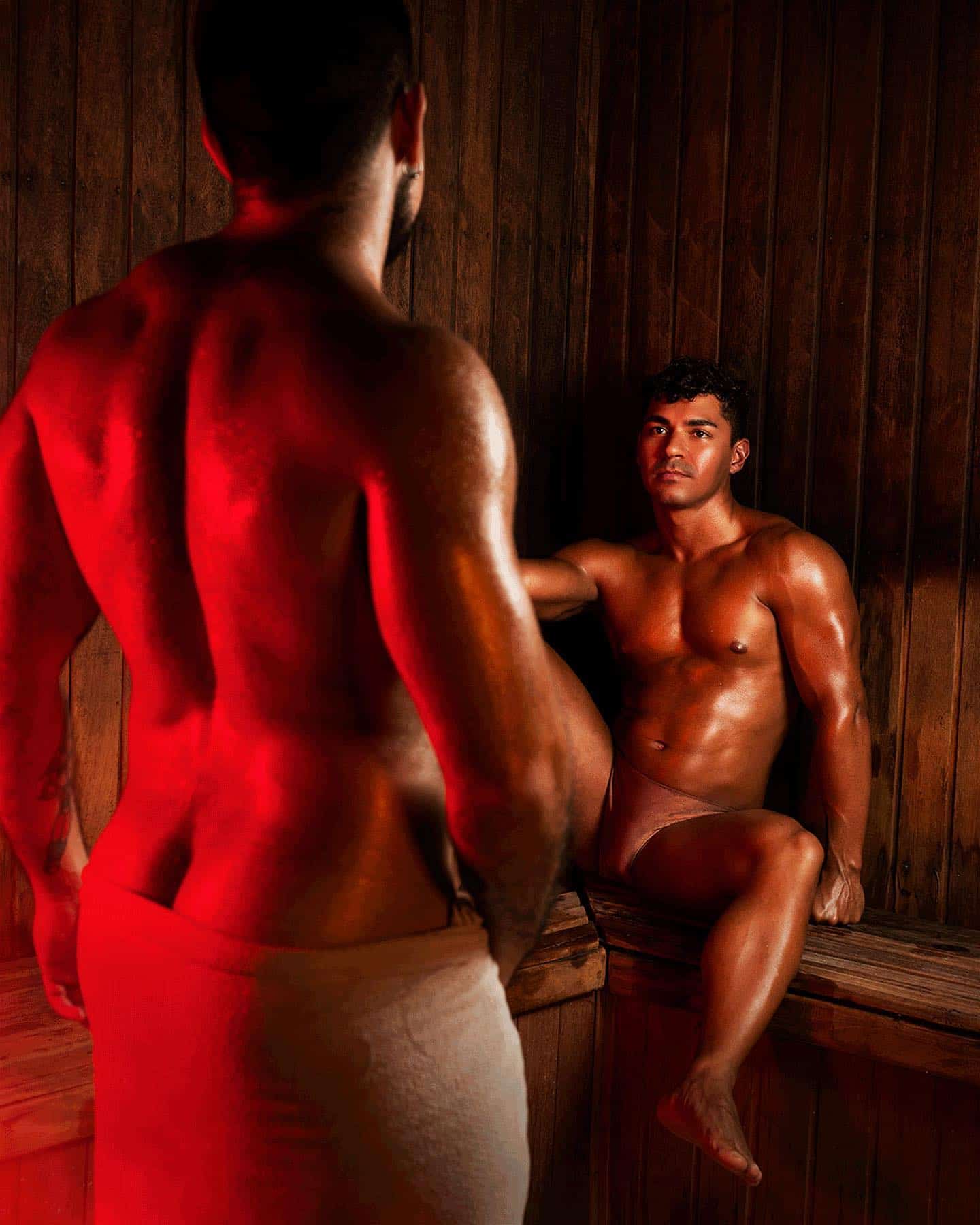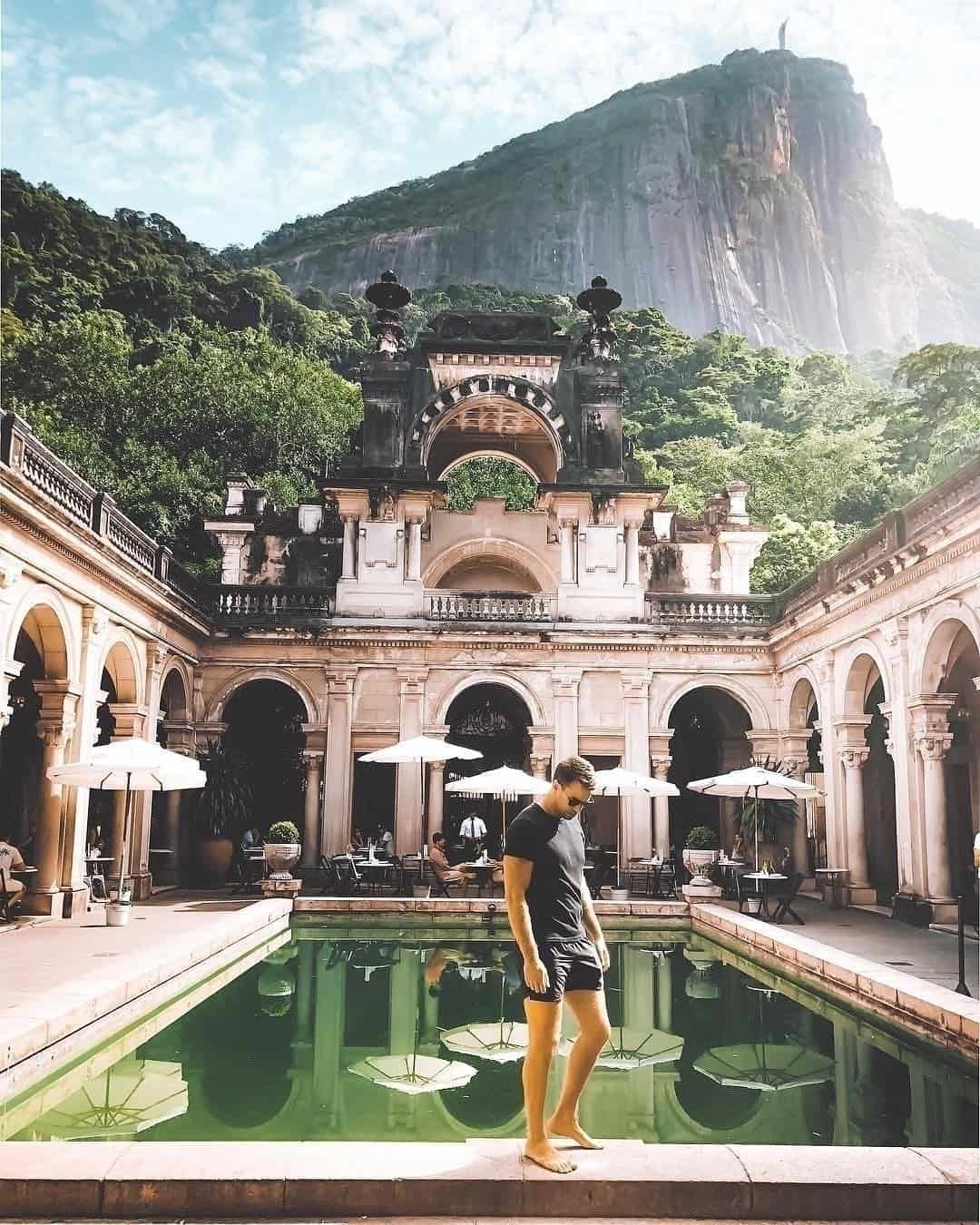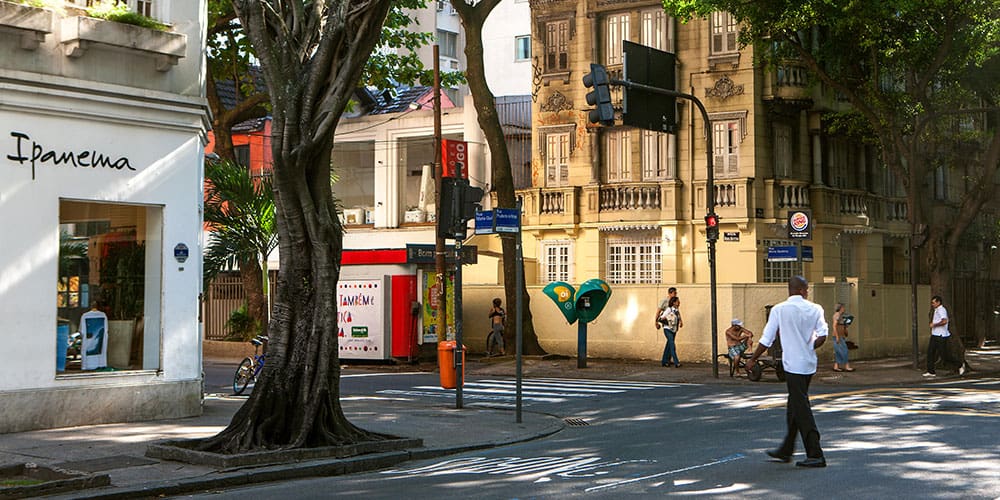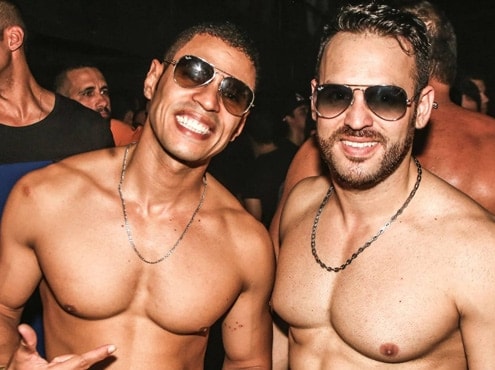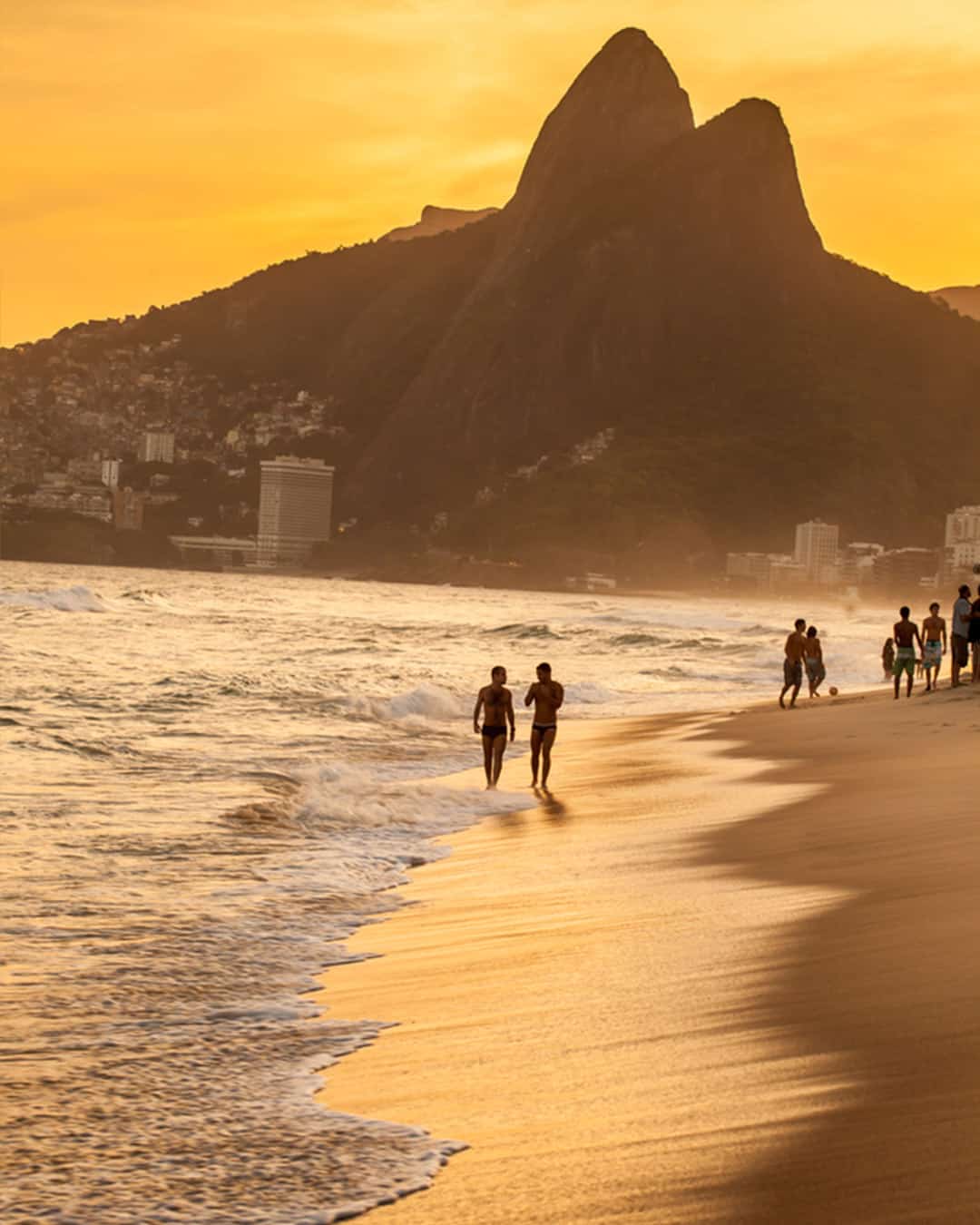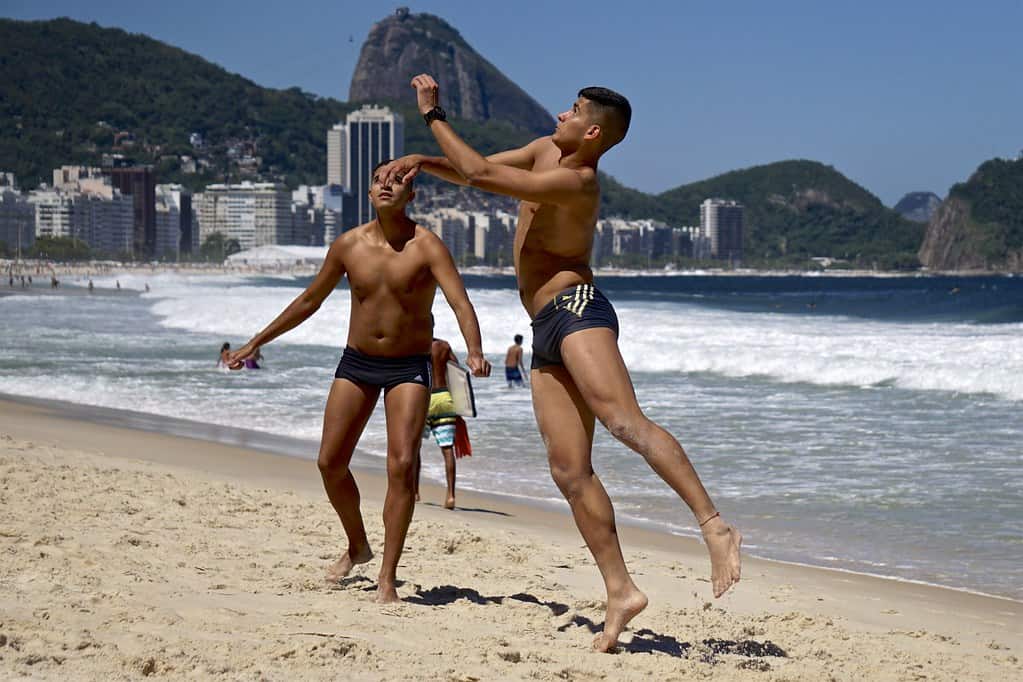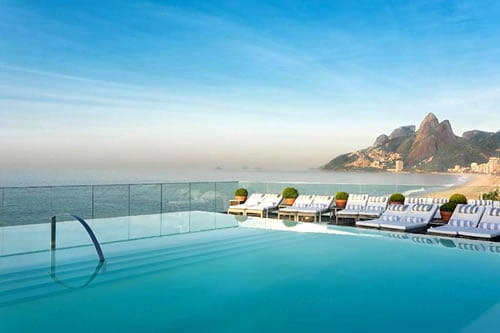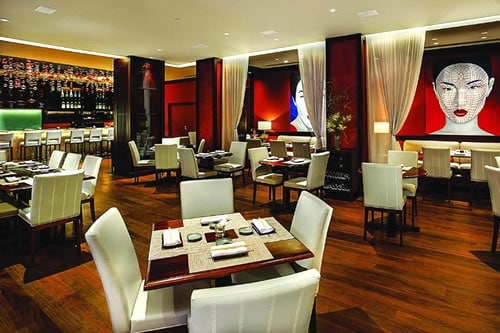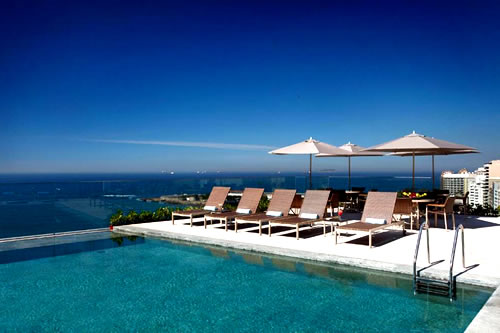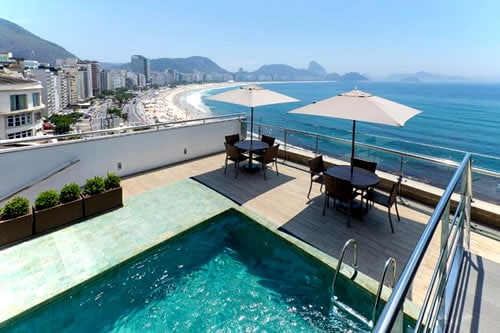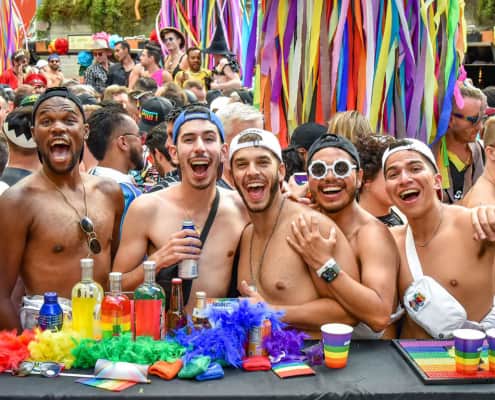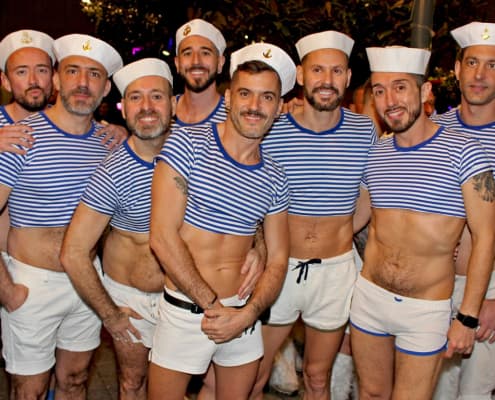 https://www.gaytravel4u.com/wp-content/uploads/2023/12/Beefy-Party-Rio-4.jpg
370
800
Andrew Stevens
https://www.gaytravel4u.com/wp-content/uploads/2014/10/logo-gt4u.png
Andrew Stevens2023-12-01 18:37:052024-04-22 17:08:44Beefy Party Rio
https://www.gaytravel4u.com/wp-content/uploads/2023/12/Beefy-Party-Rio-4.jpg
370
800
Andrew Stevens
https://www.gaytravel4u.com/wp-content/uploads/2014/10/logo-gt4u.png
Andrew Stevens2023-12-01 18:37:052024-04-22 17:08:44Beefy Party RioGay Rio: Your Ultimate Beach Destination
Welcome to Rio de Janeiro, Latin America’s beach gem, where glamour, beauty, and dazzling gay scenes converge. Dive into our gay-friendly guide to discover Rio de Janeiro’s charms, keeping in mind that no matter how much we unravel, Rio will always hold a mystery or two to surprise you. Here’s to your unforgettable samba with Rio! Boa viagem!
Rio de Janeiro: A Quick Snapshot
Cradled between lush mountains and the shimmering sea, Rio de Janeiro, often dubbed ‘The Marvelous City’, truly lives up to its moniker. Imagine a city of 6 million people, sun-soaked beaches, sexy pool parties, thrilling gay Carnival block parties, a laid-back attitude, and, well, let’s admit it, drool-worthy muscled bodies. This city is vibrant and full of life yet manages to ooze a sultry allure. Here, contrasts come together seamlessly – intoxicatingly beautiful, enigmatic, and unapologetically sexy.
The local vibe is brought to you by the ‘Cariocas’, the city’s warm-hearted residents. They’re more than eager to share the city’s secrets, and you’ll rarely find a corner without someone ready to welcome gay travelers with a smile. While Portuguese is the lingua franca, fret not, as many will know, a sprinkle of English. A little Spanish or the universal body language? That goes a long way, too.
Stepping Back in Time
Rio de Janeiro has always been a city on the map for those in the know. Before its rise as a global gay destination, Rio was the go-to for celebrities and high-flyers. Its roots trace back to Portuguese explorers who, in 1502, mistook the Guanabara Bay for a river, christening it ‘Rio de Janeiro’, meaning ‘January River’. From being a hub for Portuguese settlers to becoming the capital of a kingdom on the run from Napoleon, Rio’s historical tapestry is rich and varied.
By the 20th century, the world was smitten. A tunnel was built to unveil the beauty of Copacabana, and in 1923, the majestic Copacabana Palace stood tall. Add to the list a thrilling cable car ride to Pão de Açúcar and the iconic Cristo Redentor watching over the city since 1931, and it’s evident why Hollywood started setting its sights here.
Vibes of Today
Though it lost its title as Brazil’s capital to Brasilia in 1960, Rio’s allure hasn’t waned. When Astrud Gilberto and Stan Getz’s bossa nova rhythm “The Girl from Ipanema” bagged a Grammy in 1965, Rio’s Ipanema emerged as the new sensation. Today, Rio’s gay scene sparkles primarily around the beach districts of Copacabana and Ipanema. And if you’re here, a word to the wise: chatting with locals over a refreshing chopp (local lager) is the best way to find hidden gems.
So, as you venture through the lanes of gay Rio de Janeiro, remember every samba step has a story, every beach holds a secret, and every encounter could be the beginning of a new adventure. Dive in, embrace the magic, and let Rio enchant you!
Rio – Home to some of the world’s most famous gay beaches.
Rio Gay Neighbourhoods
Discover the best neighbourhoods in Rio, each with their own charms!
Stretching between mountainous rainforests and the vast South Atlantic, Rio de Janeiro’s neighbourhoods each tell a different story, a unique mix of culture, scenery, and experience. While Ipanema and Copacabana reign as iconic gay-friendly hubs, Rio de Janeiro has several districts that welcome gay travellers with their unique charm
Ipanema
- The rhythmic heart of Rio de Janeiro, Ipanema is renowned for its lively beach and LGBTQ+ friendly atmosphere. It is the No 1 gay area in Rio.
- Home to the gay beach near the gay street “Rua Farme de Amoedo”, Ipanema is a sun-soaked social hotspot known for its rainbow flags and lively atmosphere. In this safe space, the LGBTQ+ community meets up, sunbathes, and socialises.
- Farme de Amoedo is a vibrant thoroughfare with LGBTQ+ friendly bars, restaurants, and shops. Day or night, it pulses with energy and local colour.
- Posto 9. Apart from its LGBTQ+ section, this beach segment is renowned city-wide for its youthful, bohemian atmosphere. It’s a prime spot to witness Carioca beach culture, from impromptu music sessions to sports activities.
- Stay close to the gay beaches at the Ipanema Inn, offering cosy comforts, or the upscale Sol Ipanema Hotel with oceanfront views.
Copacabana
- Rio’s iconic gem, Copacabana’s crescent beach, is a hive of activity, with a nightlife to match and is one of the most popular attractions for gay travelers.
- Home to the Rainbow Kiosk, located on Copacabana’s iconic beachfront, a beacon for the LGBTQ+ community. It’s a perfect spot for post-beach cocktails and mingling.
- Stay at the classic Copacabana Palace for a taste of luxury, or opt for the vibrant PortoBay Rio de Janeiro with captivating sea views.
Leblon
- Adjacent to Ipanema, Leblon is upscale and sophisticated. Tree-lined streets meet trendy restaurants and high-end shopping centres. Don’t miss the postcard-perfect view from Mirante do Leblon.
- Directly neighbouring Ipanema, Leblon is just 5 minutes from Copacabana.
- Check into the beachfront Ritz Hotel Leblon or embrace the views at Janeiro Hotel.
Lapa & Santa Teresa
- Perched on a hill overlooking downtown Rio de Janeiro, Santa Teresa is bohemian at heart, filled with narrow winding streets, colonial homes, and art studios. At its foot, Lapa pulsates with samba rhythms and boasts the iconic Lapa Arches—a mere 15-minute drive to Copacabana and 20 minutes to Ipanema.
- Home to the Selarón Steps, a colourful tile mosaic staircase and tribute to the Brazilian people, created by the late artist Jorge Selarón.
- Stay at the Vila Santa Teresa and enjoy panoramic views and five-star service.
Santa Teresa – Explore beyond the beaches and discover some stunning places to stay.
Rio’s Gay History
The story of an international gay icon.
Rio de Janeiro’s vibrant history with the LGBTQ+ community is deeply intertwined with its cultural fabric. Historically, Brazil, like many nations, criminalised homosexuality.
However, the 20th century saw considerable change. By the late 1970s and 1980s, Rio emerged as a city of gay liberation, with LGBTQ+ activists challenging the then-military dictatorship and fighting for their rights.
The 1990s marked significant progress, with the decriminalisation of homosexuality and a burgeoning visibility of the LGBTQ+ community in media and popular culture.
Rio’s Carnival, always a celebration of freedom and expression, became a platform for LGBTQ+ visibility, with many gay balls and parties becoming key events.
Rio’s gay nightlife and cultural scene flourished in areas like Ipanema and Copacabana. Streets like Rua Farme de Amoedo in Ipanema have been recognised as gay-friendly spaces since the 1990s. The establishment of gay businesses, gay bars, and clubs in these areas has further solidified Rio’s reputation as an LGBTQ+ hub.
Getting Around
Navigating Rio is a breeze with its streamlined metro system, convenient bike-sharing options, and extensive bus routes. On top of that, its neighbourhoods are pedestrian-friendly, inviting you to explore at your own pace.
From the Airport to Ipanema & Copacabana:
- Your journey into the heart of Rio de Janeiro begins at the Galeão International Airport.
- For a no-fuss route, hop on the BRT (Bus Rapid Transit). It’ll whisk you to the Vicente de Carvalho subway station (45 mins). From there, the metro is your golden chariot! Jump on Line 2 towards Botafogo, and switch to Line 1 at the Cardeal Arcoverde station for Copacabana. For Ipanema, continue a tad bit further to General Osório station. Feel like splurging a little?
- Taxis and rideshares are readily available, offering door-to-door service. Just remember to use official taxis or trusted apps like Uber. Journey time: 30-40 minutes, depending on traffic.
- Relax and pre-book your airport transfer in Rio de Janeiro. Get the best rate with our partner.
Metro:
- Rio’s metro system is spiffy and reaches many main districts. Ideal for zipping between beaches and downtown, the cars are air-conditioned—a blessing on those sultry Rio days.
- Don’t forget to marvel at the artistic flair of some stations, like Siqueira Campos in Copacabana.
Buses:
- Oh, the humble bus—Rio’s trusty steed. They’re everywhere and pretty affordable. Be ready for a vibrant experience; sometimes, you might catch an impromptu samba session onboard!
Biking:
- Breezy and eco-friendly, biking is a delightful way to explore the beachfront districts.
- With dedicated bike lanes, especially along Copacabana and Ipanema, you’ll feel the wind in your hair and the city’s pulse beneath your feet. Rent one from a Bike Rio station, and you’re set!
Walking:
- There’s no better way to feel the rhythms of Rio de Janeiro than on foot.
- Stroll along the mosaic sidewalks, let a street musician’s tune guide your steps, and discover hidden gems at every corner.
- The neighbourhoods themselves are perfect for getting around on foot.
Hints & Tips:
- Rush Hours: As in any major city, Rio’s traffic can get a tad snarly during peak hours. Time your travels to avoid the 7–9 am and 5–7 pm window if possible.
Safety First for Gay Travelers:
Rio de Janeiro, with all its allure, requires a touch of street smarts. Keep belongings close in crowded areas. Consider using taxis or rideshares at night, especially outside the main districts. Always trust your instincts—if a spot feels off, it’s okay to reroute. But remember, Cariocas (Rio locals) are known for their warmth. Don’t be surprised if their infectious joy sweeps you off your feet!
Where to stay in Gay Rio de Janeiro
From beach front hotels to mountain top resorts, discover our top recommendations.
Hotel Arpoador – the only hotel in Ipanema that sits directly on the beach without a busy street separating it from the sand.
Rio Gay Hotels & Gay Friendly Options
Whether you’re looking for iconic luxury, mid-range comfort, or budget-friendly digs, each district has its own charm and flair. Discover our handpicked selections and find the perfect spot to rest your head in this marvellous city. The following hotels are close to the gay area. Here are the best gay friendly hotels.
Copacabana:
- Top Hotel: Belmond Copacabana Palace – Indulge in a slice of Rio’s classic luxury. Bonus: Pool & spectacular beach views.
- Mid-Range: PortoBay Rio de Janeiro Internacional – A beachfront beauty with comfortable elegance. Tip: Pool with a view.
- Budget: El Misti Hostel – Friendly vibes, a hop away from the beach. Great for social travellers.
Ipanema:
- Top Hotel: Fasano Rio de Janeiro – Sleek design, beachfront bliss. Highlight: Infinity pool overlooking the beach.
- Mid-Range: Mar Ipanema Hotel – Modern comfort in the heart of Ipanema. Tip: Check out the rooftop views.
- Budget: Ipanema Beach Hostel – Stay close to the beach without breaking the bank.
Lapa:
- Top Hotel: Santa Teresa Hotel RJ – MGallery – A charming hilltop retreat with city vistas. Highlight: Pool & sweeping city views.
- Mid-Range: Vila Galé Rio de Janeiro – A blend of history and contemporary flair.
Leblon:
- Top Hotel: Sheraton Grand Rio Hotel & Resort – A tropical oasis with uninterrupted sea vistas. Highlight: Beachfront pools & panoramic views.
Tips:
- Always check for seasonal deals, especially during non-peak times.
- Hotels with beach views in Rio often get booked up quickly. Reserve early if that’s a priority!
- Most top hotels have pools, but always confirm before booking if it’s a must-have for your stay.
- Check out the top gay hotels with pools in Rio.
Gay Map of Rio De Janeiro
Rio Gay Friendly Restaurants
World-class chefs are creating inspiring fusion cuisine with Brazilian influences, making for some of the most unexpected and best restaurants in Rio de Janeiro.
Plage Café – We guarantee you will not find a better location on earth for coffee!
Gay and Gay-Friendly Rio Restaurants
Food is a treasured part of carioca life. With roots in African, Amerindian and European epicurean traditions, the tastes of the Marvelous City range from meat-centric churrascarias, hearty feijoadas, vibrant street food and upscale, gourmet selections – all best accompanied by Brazil’s national cocktail, the tangy caipirinha.
Cafes and Bakeries
- La Bicyclette: Nestled in the serene ambience of Jardim Botânico, La Bicyclette is your tranquil oasis after exploring the vibrant Botanical Gardens.
- You’ll find it charmingly placed on Rua Pacheco Leão. What sets it apart? Order your favourite baked delights, and have them playfully delivered on a bicycle. It’s enchanting for brunch or lunch, especially post-garden adventures – though it’s wise to note that the gardens are closed on Wednesdays.
- If you’re in the mood for an authentic taste, their avocado on toast is legendary.
- Capitu Café: Cosme Velho houses the literary-rich Capitu Café, just a skip away from the iconic ‘Christ the Redeemer’ train station. This café is the former home of Brazil’s literary maestro, Machado de Assis. Interestingly, despite its proximity to such a monumental tourist attraction, it remains a secret haven for the locals.
- Before embarking on your train journey up Corcovado Mountain, this spot is perfect for savouring the cheesy delight of pão de queijo.
- Confeitaria Colombo: Taking a detour to Centro, one finds the timeless elegance of Confeitaria Colombo. This café, dating back to the 1800s, is not just a treat to the palate but a feast for the eyes, with its breathtaking mirror-laden interiors.
- A pro tip? Arrive around its 11 am opening to avoid the bustling queues. While there, immersing oneself in Brazil’s rich coffee tapestry with their signature brew is a must. Those exploring further can find its sibling at Forte de Copacabana.
- Plage Café: Amidst the lush embrace of Parque Lage lies Plage Café. It’s not just a café; it’s an experience. Picture this: dining beneath the magnificent Corcovado mountain, with the Christ statue peeking through the clouds in a classical building overlooking a tranquil pool.
- On sunny days, the outdoor aura is especially enchanting. For the food explorers, indulging in delicacies like Bolo de cenoura or Bolo de Formiga is recommended.
- Farro: At the heart of Copacabana is Farro, your quintessential bakery stop to fuel an adventurous day ahead. It’s the go-to for those mornings when your hotel breakfast just isn’t on the menu.
- With a vast array of baked wonders on display, a classic combo of coffee and pastry is always a win.
- Armazém do Café: For those whose heart beats for coffee, Leblon’s Armazém do Café is a dream realised. Every sip here is a journey through Brazil, with beans meticulously sourced from its regional farms.
- Their Rio de Janeiro beans, harvested from the state’s lush farms, are particularly noteworthy.
Lunch and Petiscos (Tapas)
- Tucked away just a stone’s throw from the iconic Pão de Açúcar is Bar Urca. This local treasure in Urca, slightly removed from the standard tourist hubbub, promises an authentic Rio de Janeiro experience.
- While there’s a full-fledged restaurant above, the real magic lies downstairs. Order bar snacks and perhaps a chilled beer, then take a short stride across the road.
- There, the seawall awaits. The vantage offers breathtaking vistas of the expansive Guanabara Bay, especially as the sun takes its evening bow. As you bask in the warm glow, treat yourself to their speciality: the Bolinhos de bacalhau, fried cod balls that taste even better with the view.
- In the heart of Copacabana, just a block from Siqueira Campos metro station, Adéga Perola is a testament to traditional Brazilian tapas or petiscos.
- This tapas bar attracts a predominantly local crowd, which speaks volumes about its authenticity.
- Arrive early, and you might snag a table by the Bar. Mandioca frita or Aipim, is a must-try.
- A walk along Ipanema Beach might serenade you with strains of the iconic bossanova tune, “The Girl from Ipanema.” Legend whispers that its roots trace back to a particular spot, originally named Bar Veloso, where the girl in question first appeared. Today, the establishment is known as Garota de Ipanema, a nod to its legacy. It’s the perfect lunch hideaway after soaking up the morning sun on the beach. Dive into a classic Brazilian meal that marries steak with feijão (beans) and arroz (rice). If nostalgia pulls, you could explore Bar Veloso in trendy Leblon, a homage to the original.
Fine Dining
- Lasai: Step into the heart of Rio de Janeiro’s upscale food scene, where organic produce reigns supreme, seasonal dishes grace the tables, and Brazil’s vinicultural heritage is celebrated with pride.
- The Lasai experience is enchanting from the very start, with an opportunity to be seated right at the chef’s table, offering a front-row seat to a lab-like kitchen.
- Try exquisite dishes like brioche with beetroot or seared leek on fresh coconut.
- Located in Botafogo, Lasai is the place to be for those who wish to escape the bustling crowds and immerse themselves in a gourmet retreat.
- Mee: Elegance, sophistication, and avant-garde cuisine find their home at Mee, nestled in the iconic Copacabana Palace Hotel.
- Mee speaks of a futuristic world – its red walls echoing sensuality and a psychedelic sushi bar commanding attention, a striking contrast to the hotel’s classical grandeur.
- The menu offers culinary exploration, with dishes like the intriguing pork rind cracker with orange on hoisin sauce or the sumptuous seared salmon with marinated miso.
- And as the evening draws to a close, the “It’s All About Mee” gin cocktail in the hotel’s sophisticated courtyard serves as a fitting curtain call.
- Aprazível beckons from high atop the tree canopy in Santa Teresa, offering unparalleled panoramic views of Rio de Janeiro.
- A labyrinth of gazebos intertwined amidst an emerald oasis unfolds as you descend via an artful, cherub-graffitied lift.
- The menu includes a blend of Brazilian staples with a French twist.
- Start with the roasted heart of palm and then delve into tropical fish with roasted plantain. And as the evening ends, the Aprazível chocolate cake, a masterpiece of Amazonian chocolate and cashew nuts, promises to linger in your memory, just like the view.
Shopping in Gay Rio
From authentic leather goods to fine jewellery, Rio is a shopper’s paradise.
With these spots in your itinerary, Rio’s retail delights await, from the luxe to the local. Happy shopping!
Leblon’s Luxe Lane:
- For high-end shopping, head straight to the posh neighbourhood of Leblon. Wander along Rua Ataulfo de Paiva, and you’ll find a medley of premium brands, chic boutiques, and Brazil’s fashion-forward offerings.
Rio’s Chic Streets:
- Ipanema’s Rua Garcia D’Avila is another hotspot brimming with luxury boutiques and sophisticated Brazilian designs. Don’t forget your credit card; it’s tempting territory!
Artistic Santa Teresa:
- For a bohemian feel, Santa Teresa is your go-to. This hilltop neighbourhood is a trove of artisanal treasures, with small shops offering handmade jewellery, ceramics, and unique crafts. It’s the perfect place to snag a one-of-a-kind piece.
The Marvel of Mercadão de Madureira:
- Away from the usual tourist trail, this market stands as one of Brazil’s largest. While it may offer some typical souvenirs, its natural charm lies in its array of spices, traditional clothing, and intriguing local products.
Fashion Finds at Babilônia Feira Hype:
- Imagine a place where fashion, art, and gastronomy converge. Held on selected weekends, this market showcases emerging Brazilian designers, quirky accessories, and a delightful range of gourmet bites.
Largo do Machado’s Treasures:
- This bustling square, a favourite among locals, features a small market teeming with books, antiques, and vinyl records—an authentic spot for a leisurely browse.
From Beach to Boutique in Copacabana:
- Aside from its famous sands, Copacabana’s Rua Figueiredo de Magalhães offers eclectic shopping experiences. Expect everything from trendy swimwear to authentic Brazilian homewares.
Tip: Always be aware of your belongings while shopping in busy areas, and don’t forget to haggle at markets—it’s part of the fun and often expected!
Upcoming Rio Gay Parties and Events
Rio is host of some spectacular gay circuit events, especially during siganture holidays including Carnival and New Year’s Eve.
Gay Rio Events
In Rio de Janeiro, every winding street and sun-kissed beach tells a story. It’s a city where every event, tradition, and festivity is an ode to life, love, and the sheer joy of existence. Events offer a unique blend of tradition, revelry, and rainbow-tinted celebrations.
- Rio De Janeiro Carnival: Every year, from late February to early March, the world looks towards Rio, captivated by its iconic Carnival. It’s not merely a party but a spirited, cultural phenomenon where the LGBTQ+ community shines as vibrantly as the city’s famed sequins and feathers. As you navigate through a mosaic of samba and float-filled streets, make your way to the “Blocos da Diversidade”, the heart of queer pride amidst the Carnival. And remember, in the Carnival, your costume is your statement – the more extravagant, the better.
- Gay Pride at Copacabana: Come October or November, the famed shores of Copacabana become a technicolour tapestry. Rio’s Gay Pride is an unapologetic and fierce spectacle that rivals the hues of its sunsets. It’s more than an event; it’s an experience of love, identity, and the power of self-expression. And as the music pulsates and the floats march forth, always have sunscreen on hand and, of course, those flamboyant shades to protect from Rio’s blazing sun.
- Réveillon – New Year’s Magic by the Beach: As December draws to a close, the Copacabana beach becomes a sea of white-clad revellers. Réveillon is Rio’s enchanting blend of tradition, superstition, and beachside fun. While the fireworks are undoubtedly mesmerising, the smaller customs enchant – like jumping over seven waves as the clock strikes twelve, making wishes with each leap. And though white is the colour of the night (for luck), accessorising with red, green, or yellow can bring added blessings for the year ahead.
Gay Rio, What to see and do!
Set between majestic mountains and the vast ocean, Rio de Janeiro offers far more than its renowned beaches. Dive into our recommendations for essential sights and experiences in this iconic city:
Rio: The entire city is an experience. Everywhere you look, a memory is made!
Christ the Redeemer:
- The towering figure of Cristo Redentor atop Corcovado is an emblematic representation of Rio’s soul. At 700 meters above the city, this 130 ft tall Art Deco marvel, constructed from reinforced concrete and sandstone, offers a panoramic embrace of Rio de Janeiro. Pro Tip: Venture up in the early morning for cooler temperatures and fewer crowds.
Sugar Loaf Mountain (Pão de Acúcar):
- A geological wonder, this granite peak stands where Guanabara Bay caresses the Atlantic. Travel up during dusk, and you’ll witness the city’s magical transition from day to night, with the illuminated Christ the Redeemer in the distance, creating a surreal vista. Book your tickets in advance and save time queuing.
Tijuca National Park:
This lush green haven is the world’s largest urban forest, a legacy of Emperor Dom Pedro II’s foresight to counter deforestation. Today, Tijuca is a reservoir of Rio de Janeiro’s fresh water, offering serene picnic spots, cascading waterfalls, and a myriad of trails. It houses the Corcovado mountain, seamlessly intertwining the city’s natural and architectural wonders.
Selarón Staircase:
- Linking the Lapa and Santa Teresa neighbourhoods, this vibrant mosaic of over 2,000 tiles, crafted by Chilean artist Jorge Selarón, has become an urban art icon. It’s an excellent backdrop for photos and a testament to the city’s street art culture.
- Take a full-day tour of Christ Redeemer, Sugarloaf and the Staircase.
Botanic Gardens (Jardim Botanico):
- A tranquil oasis amid gay Rio de Janeiro’s hustle, the Botanic Gardens preserve over 5,500 plant species. Stroll amongst colossal water lilies, aromatic orchids, and the serene Japanese Garden. Historical tip: This is the acclimatisation ground for Brazil’s first tea, cloves, and cinnamon.
Niteroi Contemporary Art Museum:
- Rising from the bay, this modern structure, reminiscent of a spaceship, is a testament to innovative design. While its art collections are impressive, the panoramic views of Rio’s skyline from the museum’s large windows are unparalleled.
- Take a city tour and explore the best of the district and the museum.
Museum of Tomorrow:
- An architectural marvel designed by Santiago Calatrava, the Museum of Tomorrow delves into ecological and climate change issues. With interactive displays on science, biology, and the environment, it’s a blend of edutainment that urges reflection on the future.
Hidden Gems & Local Tips:
- Santa Teresa: Venture up on the vintage tram car to this hilly neighbourhood. Its Bohemian spirit, historic buildings, and art studios are a stark contrast to the bustling city below.
- Rocinha Favela: Dive into the labyrinth of Latin America’s largest favela, Roçinha. With guided tours, you can safely explore its rich culture and history.
- Lapa District: The heart of Rio’s nightlife and samba origins, Lapa is a lively neighbourhood that buzzes with music, bars, and energy. Whether you’re seeking samba, reggae, or funk, this place has it all. For the LGBTQ+ traveller, start your Friday or Saturday at Mem de Sá Street for a lively street party experience.
- Take a Gay Private Tour of Rio with a local, friendly guide and customise your itinerary.
Rio Gay Beaches
Rio is a world-famous beach city, definitely in the world’s top 5 lists! – And her gay beaches will leave you breathless!
Rio’s Gay Beaches – Full of life, friendly guys and breathtaking sunsets.
Stepping into Rio de Janeiro, it’s not long before the city’s moniker, “Cidade Maravilhosa” or the “Marvelous City,” makes perfect sense. As the vibrant cultural heart of Brazil, gay Rio de Janeiro never stops enchanting its visitors. Among the city’s gems are its iconic beaches, which have a unique charm and significance for the LGBTQ community.
Rio’s beaches are more than just stretches of sandy allure; they’re integral to the Carioca way of life, particularly for the LGBT community. These sun-kissed shores act as social hubs for interaction, recreation, or simply admiring the picturesque view. If you want to discover Rio’s nocturnal festivities, the beach doubles as an information hub where promoters distribute flyers for the evening’s most anticipated events.
Ipanema – Farme Rio Gay Beach
- Ipanema’s Farme de Amoedo, colloquially known as the “Farme Gay” beach, is a magnet for beauty and luxury.
- Situated just east of Rua Farme de Amoedo, near the Ipanema Plaza Hotel, this stretch is frequented by Rio de Janeiro’s elite gay populace and celebrities.
- Look for the signature rainbow flags near Posto 9 (lifeguard tower 9).
- There’s something magical about Sundays on Ipanema. The beach becomes a runway of natural beauty, mirroring the grandeur of Waikiki. Beyond the captivating views, the beach pulsates with energy – from the rhythmic sounds of capoeira to the echoes of futevole.
- Check out the top hotels closest to the gay beach.
Copacabana Bolsa Rio Gay Beach
- In contrast to the vibrant Farme Gay, Copacabana’s ‘Bolsa’ gay beach offers a more relaxed ambience.
- Positioned directly in front of the iconic Copacabana Palace Hotel, the gay beach is favoured by the bear and trans communities. Its serene vibe makes it an ideal spot to unwind.
- Fancy some refreshment after a sun-soaked day? The Rainbow Kiosk has got your back. Perfect for some post-beach libations, its offerings include delectable South American treats like empanadas.
Alternative Beach Escapes
- Reserva: Situated within a preservation zone in Barra da Tijuca, Reserva is becoming increasingly popular among the gay community. The gay beach is a tranquil haven enveloped by Atlantic forest vegetation.
- Praia do Abrico: Not exclusively gay, but certainly gay-friendly, Abrico is renowned for its nudist nature. Located through Grumari, a municipal park and is the city’s only neighbourhood without residents, this secluded gem is perfect for those looking for privacy.
Beach Amenities
- At the gay beach, amenities are aplenty. Friendly vendors proudly display the emblematic Rio gay pride flag while offering chair and umbrella rentals. The beach environment is warm and welcoming, allowing visitors to relax, hold hands and be themselves.
After-beach drinks and dining
- Post-beach relaxation finds its home in the gay area of Ipanema’s heart, at Farme de Amoedo Street. This bustling area boasts a rich array of gay-friendly establishments.
- Considering a beach-to-restaurant transition? While the beach might welcome swimsuits, upscale eateries require more formal attire. If your accommodation isn’t close by, it’s prudent to carry a change of clothes for a seamless dining experience.
Gay Rio – When to visit?
Summer (December to March):
- The warmest season with temperatures ranging from 77°F (25°C) to 95°F (35°C). Expect occasional rainfall and high humidity.
- But Rio’s summer isn’t just about the heat. This is the season when the city dons its most vibrant attire for the world-renowned Carnival. As you wander the streets, the samba’s rhythm takes hold, and the colourful flurry of the Carnival parade becomes a sight to behold. Not far behind is the city’s New Year celebration, Réveillon, where fireworks light up the Copacabana Beach, reflecting off the ocean waves.
Fall (April to June):
- As summer’s intensity wanes, Rio de Janeiro transitions into the mellow months of fall, from April to June. The temperatures settle between a pleasant 68°F (20°C) and 82°F (28°C), offering a perfect backdrop for outdoor adventures.
- The once-overcrowded spots now exude a relaxed ambience, letting visitors absorb the city’s beauty. It’s a respite before the city dives into its peak tourist season and a prime time for sightseeing without the bustling summer crowd.
Winter (July to September):
- When winter sets in from July to September, Rio de Janeiro experiences a cool embrace. The mercury hovers between 63°F (17°C) and 77°F (25°C). During these months, the city celebrates Festas Juninas, traditional festivals commemorating historical figures and saints.
- The evenings might require a light sweater, but the days are perfect for hiking, especially with the clear visibility that escapes summer’s haze.
Spring (October to November):
- Spring in Rio de Janeiro, spanning October and November, is nature’s grand performance.
- As the temperatures climb to a warm range of 68°F (20°C) to 86°F (30°C), the Botanic Gardens come alive with blossoming flora.
- The city seems to stir from its winter slumber, with beaches regaining their allure, setting the stage for the annual Pride celebrations and upcoming summer festivities.
Recommended Hotels in Rio By Booking
Book with confidence. Get the best Prices from our partner Booking.com
We have chosen hotels in Rio that keep you close to all the shops,restaurants & bars
Hotel Fasano
5 Star, Luxury
- 5-star, rooftop pool, Ipanema Beach
- Close to the gay district
- Balcony, flat-screen TV, minibar
- Luxurious beachfront accommodation with spa, wellness center, and stunning sea views.
Copacabana Palace
5 Star, Readers Choice
- 5-star, ocean views
- Close to the gay district
- King-size beds, free internet
- Offers a wellness spa, gastronomic restaurants, and panoramic views on Copacabana Beachfront.
Miramar Hotel
5 Star, Great Value
- 5-star, opposite Copacabana Beach
- Close to the gay district
- Air conditioning, cable TV
- Features a green granite pool, modern gym, butler service, and rich breakfast options.
Orla Copacabana
4 Star, Location
- 4-star, facing Copacabana Beach
- Close to the gay district
- Air conditioning, cable TV, minibar
- Free WiFi, rooftop pool, restaurant with panoramic views of Sugar Loaf Mountain and the ocean.
Never miss another event again.
Sign up for the GayList, full of insider tips, special offers, upcoming events and the best places to stay.

